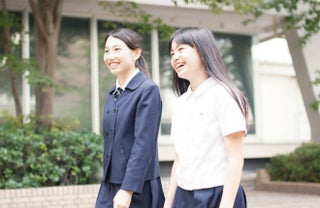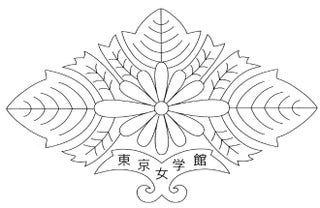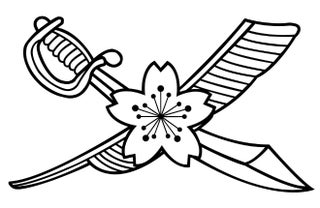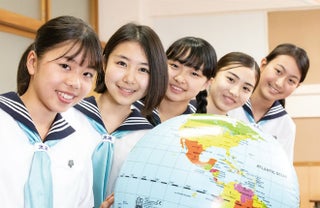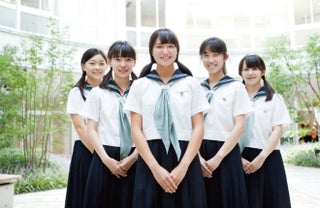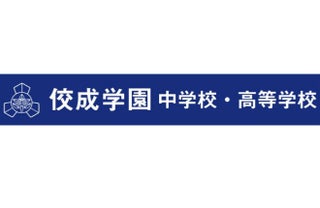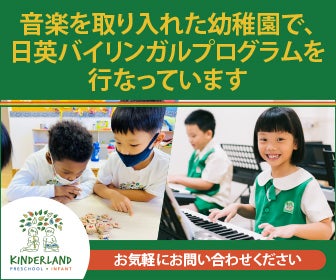~Life at Hokkaido University~
Springでは、日本や海外の大学で学ぶ経験のあるシンガポール 人の方に、日本で学ぶことの魅力や日本・日本語への興味につい てお話を聞いています。
シリーズ第5回目は、Ngee Ann ポリテクニックで生物医学と日本語を勉強された後、北海道大学現代日本学プログラムに学部生として留学しているJacelynさんです。
Name: Jacelyn Phua Hong Yi(プア ジャスリン)
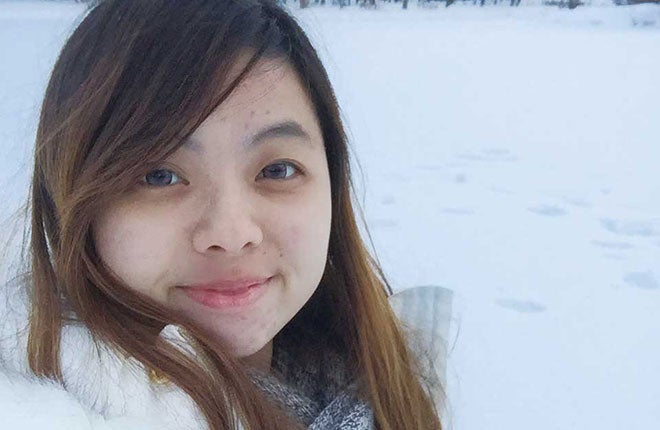
"I think the most important thing in studying language is to never give up. There were times when I felt mastering Japanese was impossible too."
Currently Studying at: Hokkaido University, Modern Japanese Studies Program
Education History
- Primary : Compassvale Primary School
- Secondary : Anderson Secondary School
- Tertiary : Ngee Ann Polytechnic, Diploma in Biomedical Science
Q. You are currently studying in Hokkaido. What is your life like there?
As many Singaporeans may know, Hokkaido is a beautiful place. Although Sapporo is a big city, nature is everywhere, and every season provides different sceneries. I like exploring the city and new ramen restaurants with my friends, and on long weekends, we would get on a train to another nearby town or city where we become tourists for the day and enjoy famous sights and hot springs (onsen). I also enjoy various big festivals such as the famous Sapporo Snow Festival and the Yosa koi Souran Festival where I experience different sides of Japan.
As for my university life, I am still in my first year after completing the six-month intensive language course, and I enjoy taking various courses that my program offers, such as Japanese history, cultural studies, sociology and political economy.
Q. Why did you choose to study at Hokkaido University?
During my time at Ngee Ann Polytechnic, I attended a briefing session by the visiting staff from Hokkaido University and became familiar with this program. In terms of living condition, I did not want to live in a big city like Tokyo, and wanted to experience something completely different from Singapore. In addition, I have always preferred a colder climate and I fear insects, so Hokkaido was definitely a right choice for me.
Q. What led you to study Japanese and why did you decide to study in Japan?
I am an avid reader, and at times I came across reading books that were translated from Japanese, such as books by famous author Murakami Haruki. While translations were excellent, I felt that they can not fully convey the original message of the authors. When I learned that Ngee Ann Polytechnic offered Japanese course, I decided to take up the challenge so that I would not have to rely on translations to appreciate Japanese literature and media.
The Japanese Department at my polytechnic often organized cultural exchange events and I also attended the Summer Festival organized by the Japanese Association. I gradually became interested in Japanese culture and thought living in Japan would be the best way to learn more.
Q. What is your impression of university students in Japan?
Japanese university students lead a very well-balanced life. They study hard and play hard. I have tennis circle team mates who attend tennis practice regularly and work a part-time job while maintaining a high GPA. In my opinion, this is a very admirable trait of Japanese students.
Unfortunately, Japanese students are not conident with their English abilities and this hinders them from interacting with internati onal students, even when we sit in the same classroom. I think it is a lost opportunity for them to practice their English. While I am grateful to my Japanese peers for helping me with my Japanese, I often wish I could also help them with their English.
Q. Please share with us any unique experience you have had in your university life.
I think a large part of my university experience here in Japan consists of my tennis circle. While school club teams in Japan require a lot of commitment, these circles are more laidback, and welcome students with no prior experience in that particular sports or performing arts. This allows students to try new sports and activities in a more relaxed environment, while having opportunities to participate in competitions if they wish to do so. I feel this is one aspect that allows Japanese students to be so well-rounded and independent, enjoying the pursuit of one's goal at his or her own pace.
I am currently the only international student in my circle, but my seniors and teammates are extremely kind. I attended training camps (gasshuku) and tournaments, and have gotten to know new friends, understand Japanese culture, on top of improving my tennis skills and the language skills. It has really enriched my university life.
Q. What is your future dream?
After graduating from Hokkaido University, I would like to work for a Japanese pharmaceutical company in Singapore. As I have a passion for the sciences and have a diploma in Biomedical Science, I would like to pursue my career in this field, while keeping up my Japanese language skills and putting it to good use, bridging whatever language barrier that may exist in the company.
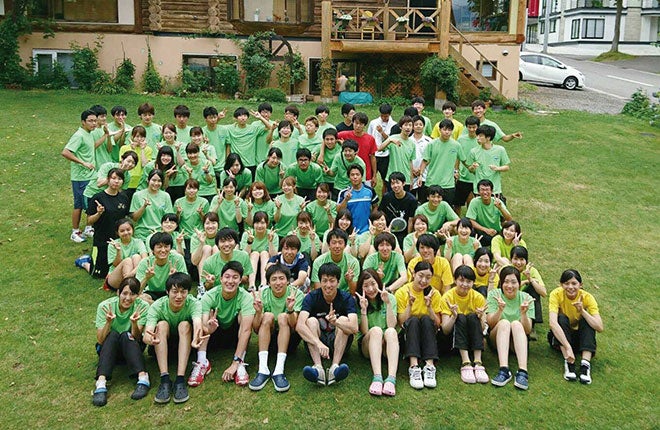 Grasshopper tennis team 2016 Summer camp
Grasshopper tennis team 2016 Summer campQ. Do you have any experience or tips to share with those who study Japanese in Singapore?
Learning Japanese is not easy, but it has inspired me to pursue my studies in Japan, which was not expected at first, and studying in Japan opened up a whole range of new discoveries and learning experiences.
For those considering to study in Japan, I would advise them to consider many different aspects of living abroad, away from family and familiar friends, especially if you are not fluent in the language. One would eventually overcome various difficulties in the process of settling down, but it will help if you are mentally prepared for unexpected challenges.
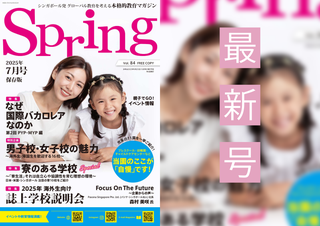







.jpg?optimize&width=320)
